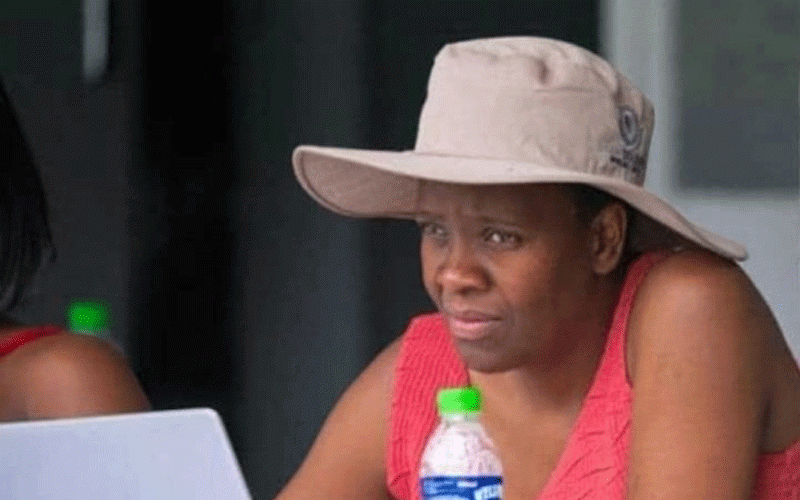
WHEN both Supersport United and Ajax Cape Town tumbled out of the African Champions League last year, the South African media had a field day.
One paper went to the extent of labeling the players “sissies”, saying they were pampered footballers who couldn’t cope with the psychological warfare of the “real Africa” when they went to play their away games.
Well paid as they are, they lacked the mental toughness that is required to play in some dreadful conditions experienced outside the comfort of South Africa.Indeed, African countries, especially in the north and west of the continent, are notorious for gaining unfair advantage by using dirty tactics to unsettle visiting teams.On the contrary, Zimbabwe and generally countries in the southern region, are not known for employing such kind of tricks. Why is it then that Zimbabwean teams generally have a better record (well, mostly thanks to a one club, Dynamos!) than their South African counterparts?Last season Dynamos reached the semi-finals, and this year Monomotapa have already confounded expectations by becoming the giant killers of Africa’s premier club competition.Last weekend, in their latest giant-killing act, they flayed the mighty Etoile du Sahel 2-1 in Harare in a dream start to the mini-league phase of the competition.During the course of the week following this remarkable result, football writers worldwide have been digging deep to find out just how a small club from an economically-challenged country can defy all odds to beat the best.But to a lot of people, like experienced Johannesburg-based Agence-France Press (AFP) journalist David Legge, an expert in African football, the Harare club’s achievement does not surprise them.“It’s an incredible achievement,” Legge says. “I think the biggest thing about Zimbabwean teams is they have good spirit. They are resilient footballers. They take representing the county very seriously.”One of the biggest criticisms of the African Champions League is that clubs have to go against the modern trend of professional sports by paying for broadcasting equipment and personnel inorder to meet required television standards. Legge points to this dearth of monetary value as one of the reasons clubs in down south look down upon the Champions League.“South African teams show little interest in Africa because there is more money domestically,” he says.“The other thing is that they often field weak teams. You get more money by winning the South African premiership than the African Champions League.”But that is not the single biggest excuse, says Legge.“The South African league is by far the richest in Africa, but in terms of quality it is often found wanting. Entertainment is more important than direct football. I think that is a legacy of apartheid where you played to please crowds. Orlando Pirates played directly against Manchester City, but then it was only a friendly.Legge, who worked in Zimbabwe on the Herald and Sunday Mail in the early 1980s, says Monomotapa are well capable of emulating Dynamos by at least reaching the semis this year.“The key is to get points on the road,” he says. “I think they can win all three home games. If they win away, their best chance will be against Heartland in Nigeria. Lubumbashi (against TP Mazembe) and Sousse (against Etoile) will be very difficult. Owerri won’t be easy, but it’s not as difficult as Lubumbashi and Sousse.”Yet despite the criticism of the tournament, Legge says it keeps improving in terms of competitiveness.“One thing that struck me about this weekend’s results was the games were very close. And there is only one team from the north in the last eight. I think the gap is closing. This tournament used to be dominated by teams from Egypt, Tunisia, Algeria and Morocco. It was like a north African champions league than an African champions league. Now we’ve got Zimbabwe, DRC, Zambia, Nigeria and Sudan being represented. Interestingly, two teams from Sudan! The only problem is when a player emerges as a star. It attracts the attention of teams from overseas, and then you have to unearth another star, so football here continue to leg behind. It’s a problem that we will continue to have because of the money they have overseas. But then, of course, you also have these inter-Africa transfers like (Edward) Sadomba, who’s now playing in Sudan.”
BY ENOCK MUCHINJO











